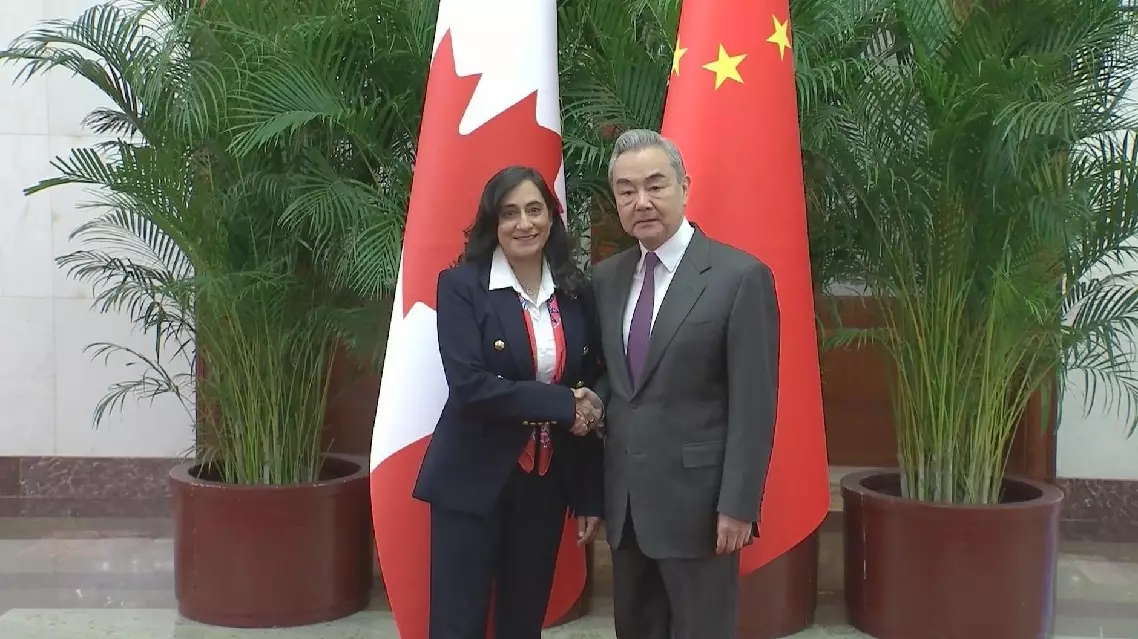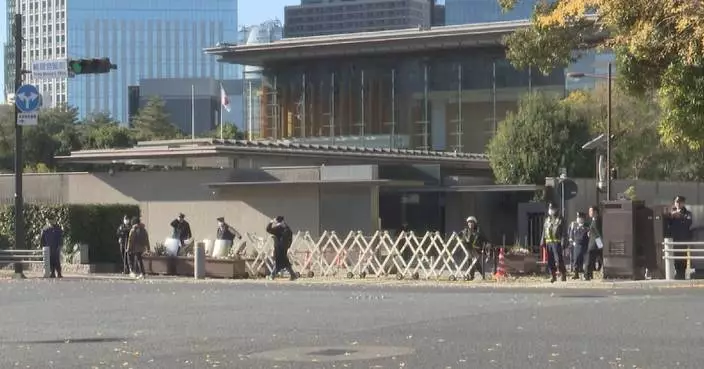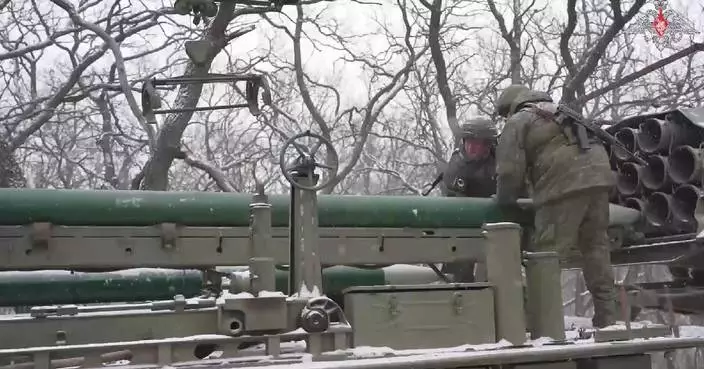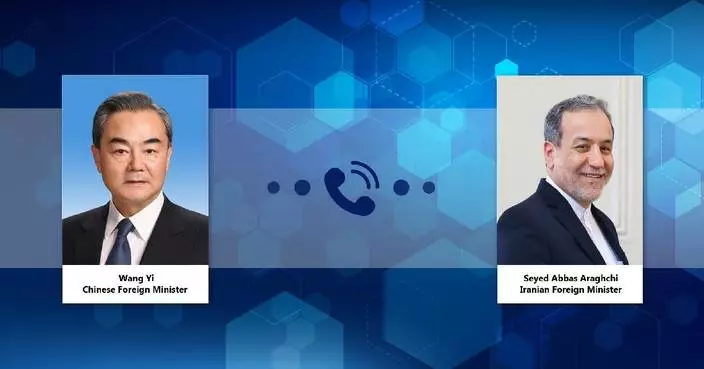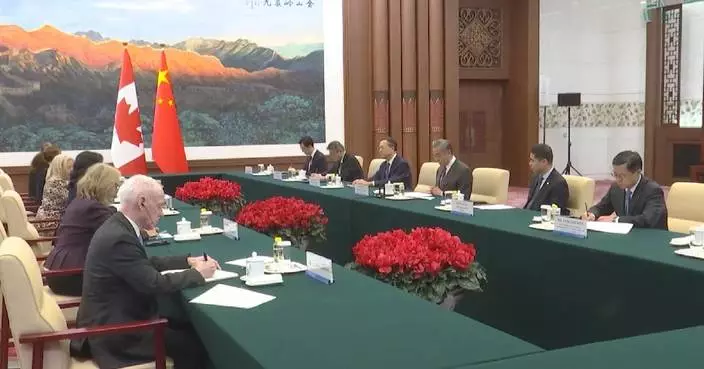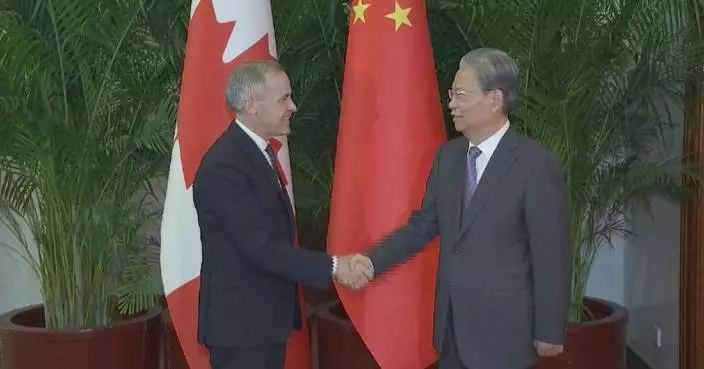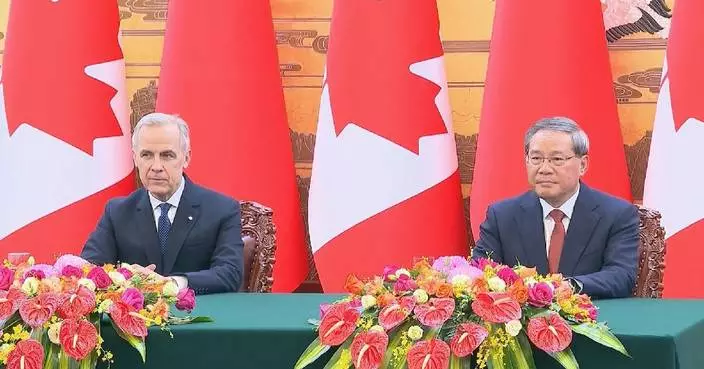Although the Japanese government has expressed its desire to strengthen ties with the Donald Trump administration, uncertainty remains over his unpredictable approach, according to a Japan-based political expert.
Trump has garnered supporters in Japan, driven by his campaign slogans and policies that resonate with certain political and economic views in the country.
In Tokyo, Trump supporters have been holding rallies to celebrate his return to the U.S. presidency.
Inspired by his "America First" policy, they argue that the Japanese government should take a similar approach and prioritize national interests.
"Trump taught us we should do 'Japan First' and we should stand by ourselves," said Yoko Matsuoka, a Trump supporter in Tokyo.
According to Paul Nadeau, professor of politics and international affairs at Temple University’s Japan Campus, Trump's unsettling unpredictability is a strategic move to gain leverage.
"We don't quite know what Trump wants to see from the U.S.-Japan relationship. We've seen tweets, we've seen statements, but we don't quite know what kind of deliverables he's expecting. And that's kind of the point with Trump -- he wants to keep things unpredictable because he thinks that creates leverage," said Nadeau.
Despite differing interests between the two nations, Japan's Prime Minister Shigeru Ishiba has expressed hope for a "win-win" relationship with the U.S., though Trump's stance on Japan remains unclear.
Both nations play key roles in the Asia-Pacific region and in regional cooperation frameworks such as the QUAD and U.S.-Japan-South Korea Trilateral Cooperation.
Nadeau explained that Trump prefers bilateral negotiations over multilateral alliances, which could affect frameworks like U.S.-Japan-South Korea cooperation. However, he noted that the Trump administration may still see strategic benefits in maintaining some partnerships.
"Generally, Trump likes to work bilaterally. He likes to work one-on-one, mano-a-mano. And generally, alliances or multilateral forums just aren't really his thing. So, there's sort of a general, abstract bias against frameworks like trilateral cooperation. But at the same time, there could be benefits to the United States that Trump administration may see as being worth keeping," he said.
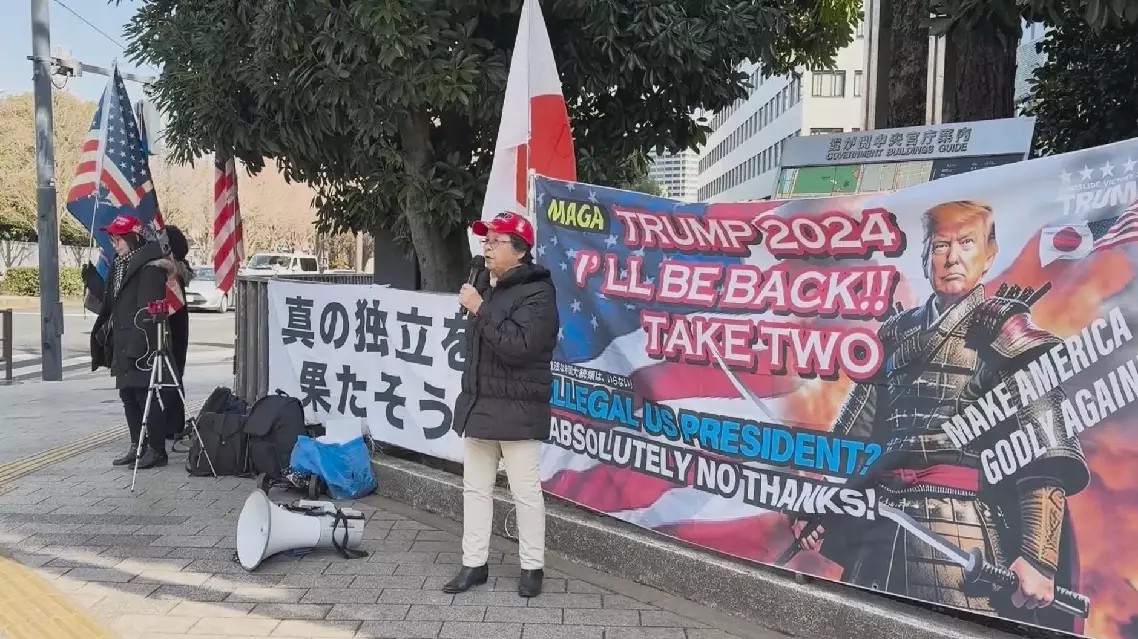
Trump brings uncertainty to US-Japan relations: expert


